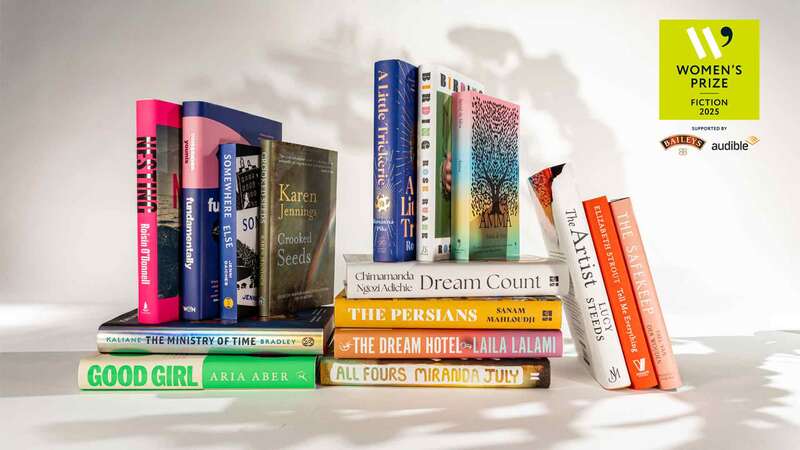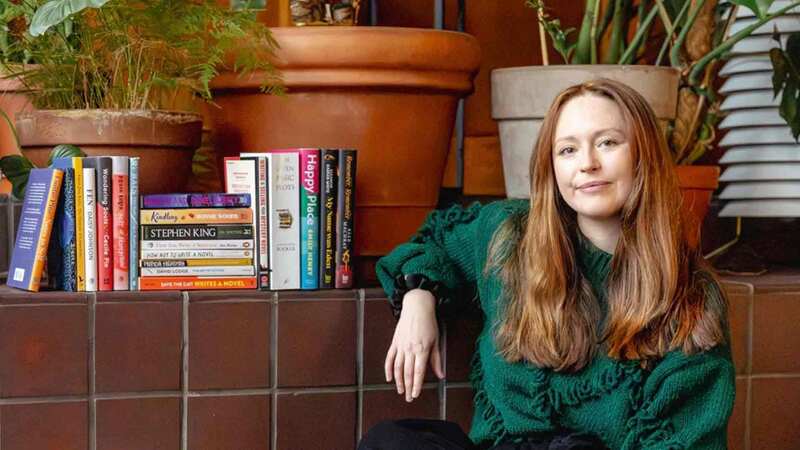You are viewing your 1 free article this month. Login to read more articles.
Staging places
Travel writing adapts surprisingly well to theatre, from Touching the Void to the new Bill Bryson show.
Bill Bryson’s Notes from a Small Island was a publishing smash in the mid-1990s. An account of the Iowa-born author and journalist’s travels around the UK before moving back home to his native United States, it was peppered with affectionate, if occasionally curmudgeonly, reflections on the country in which he’d lived for over 20 years and the British national character. Bryson had already written popular books on the English language and his travels in Europe, Neither Here Nor There, but Notes, and the subsequent TV show, made him a household name. A film version of his later book, A Walk in The Woods, saw him played by Robert Redford. The writer, who in 2020 announced his retirement, has sold over 16 million copies of his books worldwide over the course of his career.
In 2003, Notes from a Small Island was voted the book that best represents England today, according to a poll organised for World Book Day, a list that also included Zadie Smith’s White Teeth and Jonathan Coe’s What a Carve Up! It’s now the basis for a new stage adaptation by playwright Tim Whitnall, directed by Paul Hart at the Watermill Theatre, a charming 220-seat theatre in rural west Berkshire.
In the book Bryson travelled around Britain, up to and including John o’ Groats, predominantly by public transport. How can a narrative based on one man’s travels work on stage? That was something Whitnall realised he needed to address when he was asked to adapt the book in 2018 (like many productions only now opening, Notes was delayed by the Covid-19 pandemic).
While travel writing might not seem, on the surface, a logical fit for theatre, the travelogue used to be popular stage entertainment, the term initially referring to talks delivered given by itinerant showmen, using lantern slides and their own storytelling skills to transport their audiences to “exotic” locations. The appetite for these fell away as radio and later television became the home for travel narratives and, while theatre is an art of the imagination, capable of transporting audiences, there’s a tendency—certainly in the UK—to shy away from plays involving multiple locations.
While travel writing might not seem, on the surface, a logical fit for theatre, the travelogue used to be popular stage entertainment, the term initially referring to talks delivered given by itinerant showmen
Scottish playwright David Grieg faced a similar challenge, and found a solution, when adapting Guardian cultural critic Charlotte Higgins’ Under Another Sky: Adventures in Roman Britain, a book which is part travelogue, part history of the Roman occupation of Britain. Grieg’s approach, for the play, which was staged at Pitlochry Festival Theatre’s outdoor amphitheatre, was to create a road-trip framework, inventing scenes between Charlotte and her partner as they drove around the country. Their VW campervan became the narrative focus, the thing around which the play revolved.
Grieg also adapted Touching the Void, Joe Simpson’s bestselling account of surviving a climbing accident in the Peruvian Andes, for the Bristol Old Vic, a production that later transferred to the West End. In this case, he created scenes between Joe—injured, alone in the mountains and struggling for survival—and his sister to give a shape to the story that allowed it to work on stage.
You might also conceivably stretch the subgenre to include Daniel Everett’s book Don’t Sleep, There Are Snakes, about the culture and language of the Pirahã people and his experiences of living among them, adapted for the stage by Simple8 theatre in 2016. Both this and Void dealt with extreme situations, giving scope for drama and peril, whereas Bryson mainly has to contend with inflexible landladies and the peculiarities of the British railway system. In tone, I suspect it will more closely resemble Craig Taylor’s One Million Tiny Plays About Britain, a collection of overheard conversations from across the length and breadth of the country, which first appeared in the Guardian and was originally staged at the Watermill in 2016.
As Withnall pointed out in a recent piece for the Guardian, Notes is not a rose-tinted celebration of Britain. As affectionate as it is about his adopted country, it’s also a portrait of economic decline, social inequality and gentrification, themes that he believes will resonate as “Britons reassess their national identity in a post-Brexit, politically unstable and economically volatile world”. Notes looks at the cultural shifts between the 1970s, when Bryson arrived in the UK, and the 1990s, when he embarked on his journey. Almost 30 years on, the book is now a time capsule, an invitation to contemplate how things have changed. This might seem ironic, considering it opens at a theatre which was recently informed it would no longer receive regular funding from Arts Council England and when the government seems intent on making us even more of an island—politically, culturally and economically.
Notes on a Small Island is at the Watermill Theatre until 18th March.



















